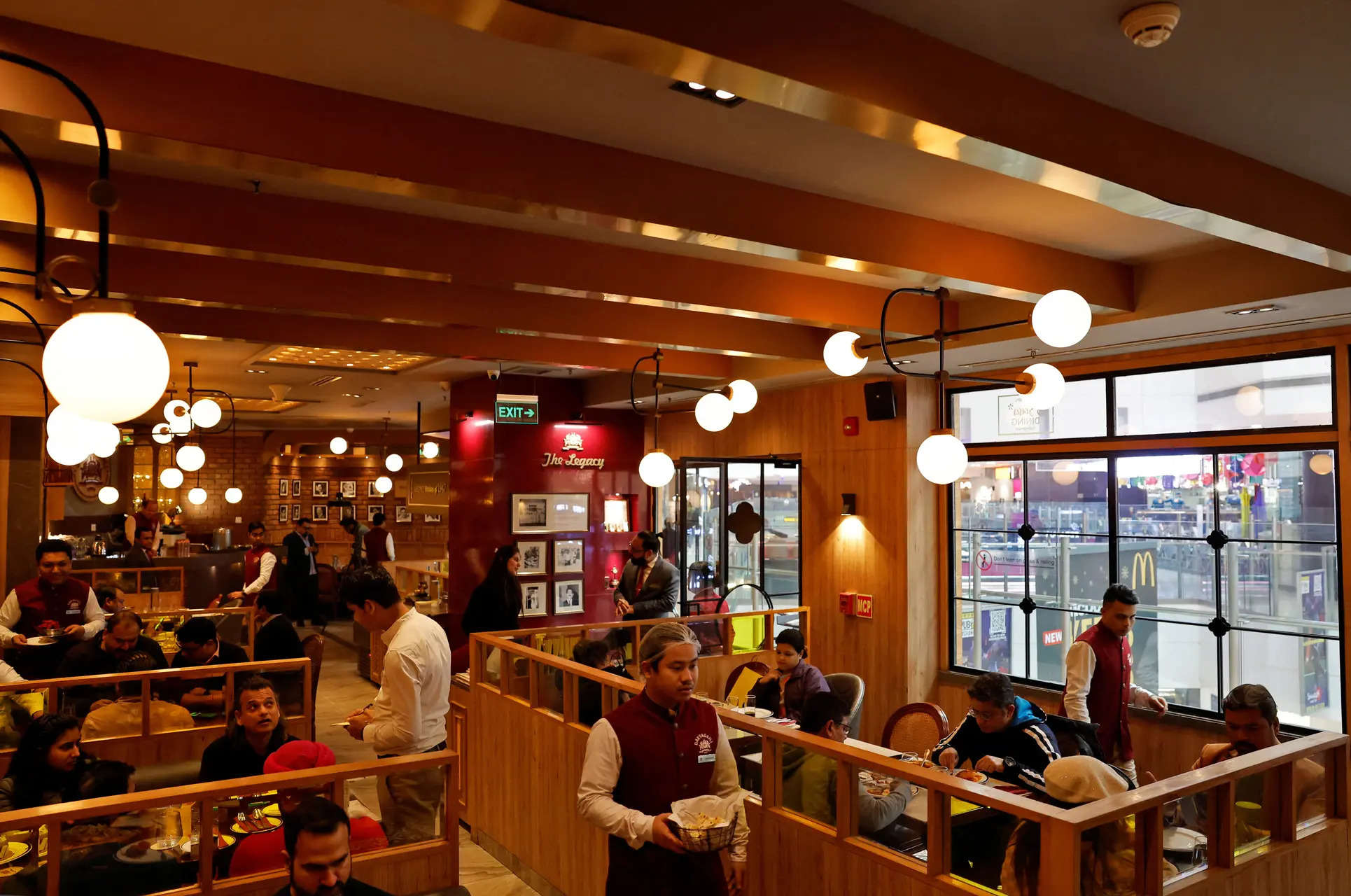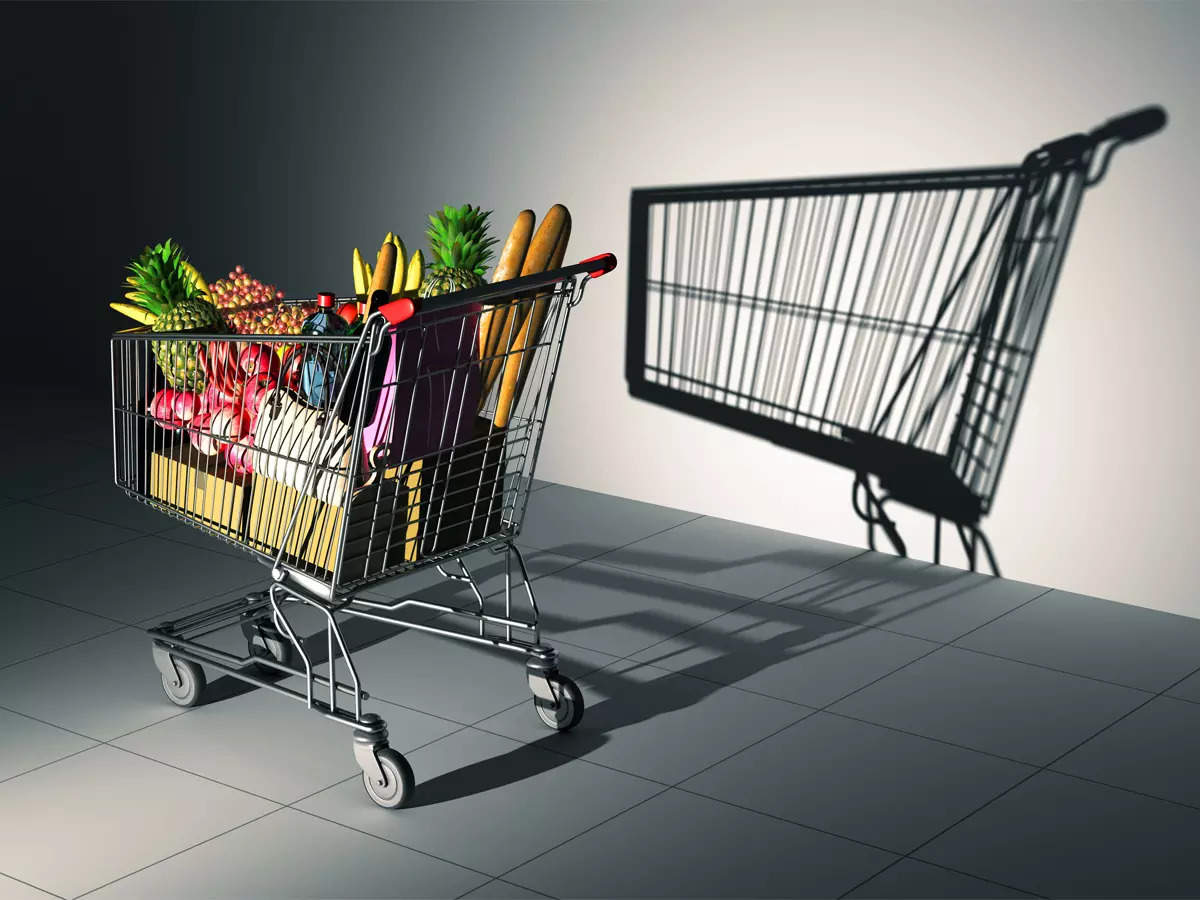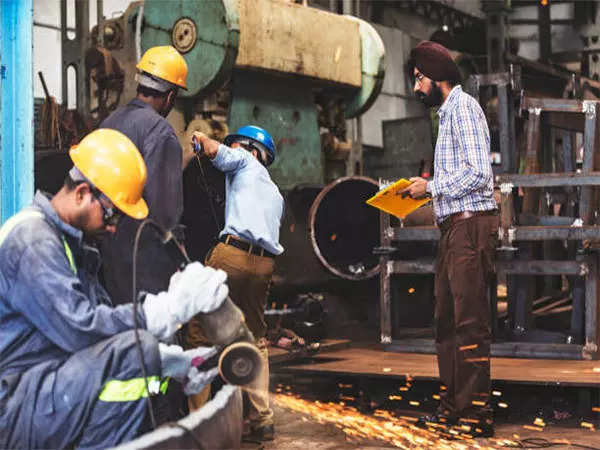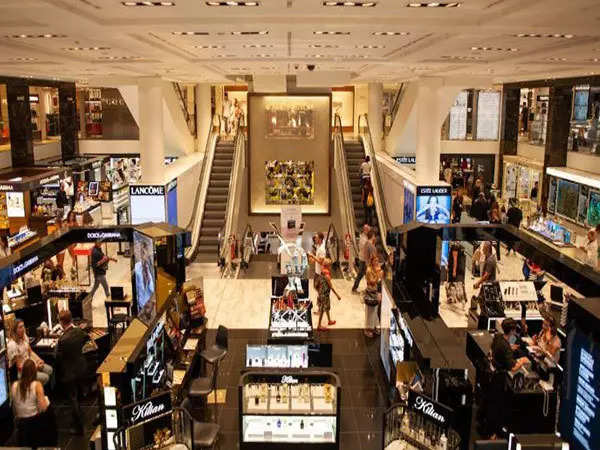
Worried with the dip in footfalls due to rise in pollution, mall operators in Delhi, Noida, Gurgaon and other tier 2 cities in North India such as Lucknow, Jaipur and Chandigarh are reaching out to consumers with details of what they are doing to keep the AQI at the safe level.
Operators said that though there is a dip in footfall, shoppers are still preferring mall over high streets in these cities.
“There is a dip in footfall as people are preferring to stay indoor in deteriorating air quality. However, serious shopper, have move to mall from high-street as they know mall maintain a certain level of air quality and it’s safer indoor than outdoor,” said HarshVardhan Bansal, cofounder of Unity Group, which operates half a dozen malls in Delhi and Punjab.
Open dine-out places are also impacted by the current AQI level.
“Our weekend business is impacted by 30-40% in what is usually party season and a very important quarter for the food services industry. A lot of our weekend bookings are being cancelled specially for our outdoor events. Seeing the AQI levels, people are naturally being very hesitant to step out,” said Saurabh Khanijo, managing director of Asian cuisine chain Kylin, which also operates outdoor dining and bar Kylin Skybar.
Large dine-out chains in India had been pinning hopes for a pickup in footfalls in the October-December festive season after two back-to-back quarters of sluggish sales.
Malls in the NCR region are prioritizing advanced HVAC systems with high-efficiency particulate air (HEPA) filters.
“We have implemented advanced technologies with multi-stage filtration systems, and stringent maintenance protocols,” said Jayen Naik, Chief Operations Officer, Nexus Select Trust which operates Select City Walk in Delhi.
The mall has integrated an advanced filtration system into the HVAC infrastructure, enhancing indoor air quality. This system uses centralized filtration to maintain an indoor AQI consistently between 30-40, even when outdoor levels average around 300.
“Installing air purifiers, increasing indoor greenery, and using eco-friendly building materials can also enhance air quality. Monitoring air quality in real time and communicating efforts to customers can build trust,” said Naresh Tyagi, chief sustainability officer, Aditya Birla Fashion & Retail Ltd.
Additionally, malls are also educating visitors about sustainability, practices like carpooling or using public transport to reduce external pollutants.
“People are very skeptical about stepping out of their homes, and are only doing so if absolutely necessary. While usually, pollution increases this time of the year, this year it is particularly severe. We are seeing a footfall decline of 20-25% on weekends,” said Anshu Tandon, president of Khan Market Welfare Association.
Anjan Chatterjee, chairman of Speciality Restaurants that operates Mainland China and Oh! Calcutta restaurant chains, said: “The food services industry is anyway being impacted by steep food inflation. Over and above this, the pollution-linked decline in demand is a double whammy. October-November-December is generally the biggest quarter for the sector. But now, those who can afford to, are going away to the hills. Others are staying indoors.”





